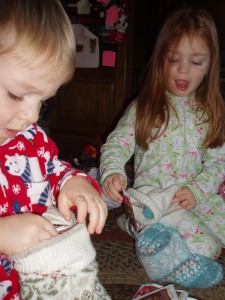 I’m just going to come right out and say it: I love Disney’s Beauty and the Beast, but Melanie Dickerson’s take on the fairy tale, The Merchant’s Daughter, is far better. (And isn’t that a great cover? Beautiful and full of detail.)
I’m just going to come right out and say it: I love Disney’s Beauty and the Beast, but Melanie Dickerson’s take on the fairy tale, The Merchant’s Daughter, is far better. (And isn’t that a great cover? Beautiful and full of detail.)
Do you hate me?
A couple of months ago, I learned of Dickerson and her novels through an online fiction scavenger hunt (which is SUPER fun even if you don’t win the whole thing) and thought the idea of retelling classic fairy tales was clever and creative. (Besides Beauty and the Beast, Dickerson’s books feature Sleeping Beauty and Snow White. Her next one, about Cinderella, releases later this year.)
I didn’t expect to like the book as much as I did, but I’d call it one of my best reads of 2012.
In The Merchant’s Daughter, set in medieval England, Annabel, the daughter of a deceased merchant is forced to work at the home of Lord Ranulf to pay her family’s debt. The new lord is disfigured and rumored to be beastly in temperament. Annabel considers working for Ranulf more favorable than following through with a marriage, arranged by her brother, to Bailiff Tom, an unkind, lecherous man who also works in the manor house. Time and again, Ranulf comes to Annabel’s aid when the bailiff tries to harm her.
The development of the relationship between Annabel and Ranulf is breathtaking and sweet. I literally couldn’t keep myself away from this story, and it stuck with me for days afterward.
Even if you consider Beauty and the Beast an “old” story, I’d recommend this story. It’s a fresh take that stands on its own apart from any other version of the fairytale.
I’ll be seeking more of Dickerson’s work.
And maybe I’ll watch that Disney version again, too.
















